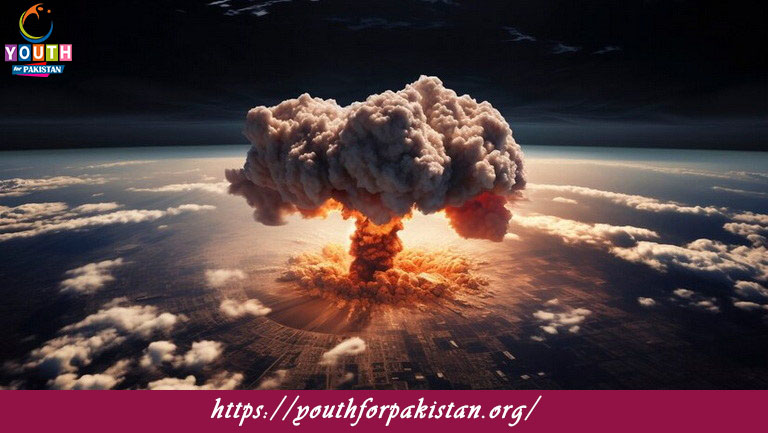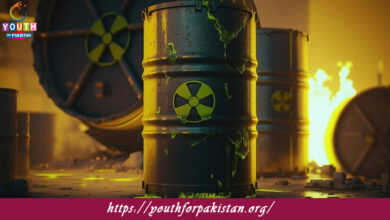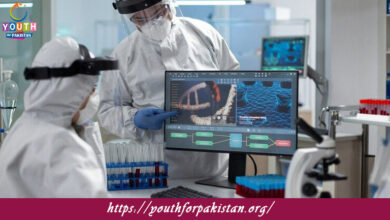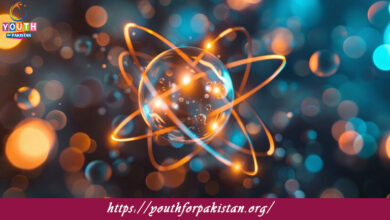Nuclear Reactions Quiz with Answers

Welcome to the Nuclear Reactions MCQs with Answers, it helps learners quickly identify areas for improvement in Nuclear Reactions Online Test.
| Nuclear reactions are fundamental processes involving changes in atomic nuclei, often resulting in the release or absorption of large amounts of energy. These reactions are central to various applications in energy production, medicine, and scientific research.
In a nuclear reactions quiz, MCQs on nuclear reactions typically cover topics such as types of nuclear reactions (fusion and fission), their mechanisms, and the conditions required for sustaining these reactions. Fusion and fission multiple choice questions explore the differences between these processes, their potential as energy sources, and their applications in nuclear reactors and bombs. Particle accelerators MCQs focus on technologies used to initiate and control nuclear reactions, such as cyclotrons and linear accelerators, which are essential for producing radioisotopes for medical imaging and treatment. Nuclear energy exam questions assess understanding of the principles underlying nuclear power generation, including reactor design, safety protocols, and environmental considerations. Neutron capture MCQs delve into processes involving the absorption of neutrons by atomic nuclei, critical for nuclear synthesis and the production of isotopes for various applications. |
Nuclear Reactions Online Quiz
By presenting 3 options to choose from, Nuclear Reactions Quiz which cover a wide range of topics and levels of difficulty, making them adaptable to various learning objectives and preferences. You will have to read all the given answers of Nuclear Reactions Questions and Answers and click over the correct answer.
- Test Name: Nuclear Reactions MCQ Quiz Practice
- Type: Quiz Test
- Total Questions: 40
- Total Marks: 40
- Time: 40 minutes
Note: Answer of the questions will change randomly each time you start the test. Practice each quiz test at least 3 times if you want to secure High Marks. Once you are finished, click the View Results button. If any answer looks wrong to you in Quiz, simply click on question and comment below that question, so that we can update the answer in the quiz section.
Download Certificate of Nuclear Reactions Test
On the end of Quiz, you can download the certificate of the quiz if you got more than 70% marks.
Nuclear Reactions Flashcards
If you are interested to enhance your knowledge regarding Physics, Computer, and Biology please click on the link of each category, you will be redirected to dedicated website for each category.





